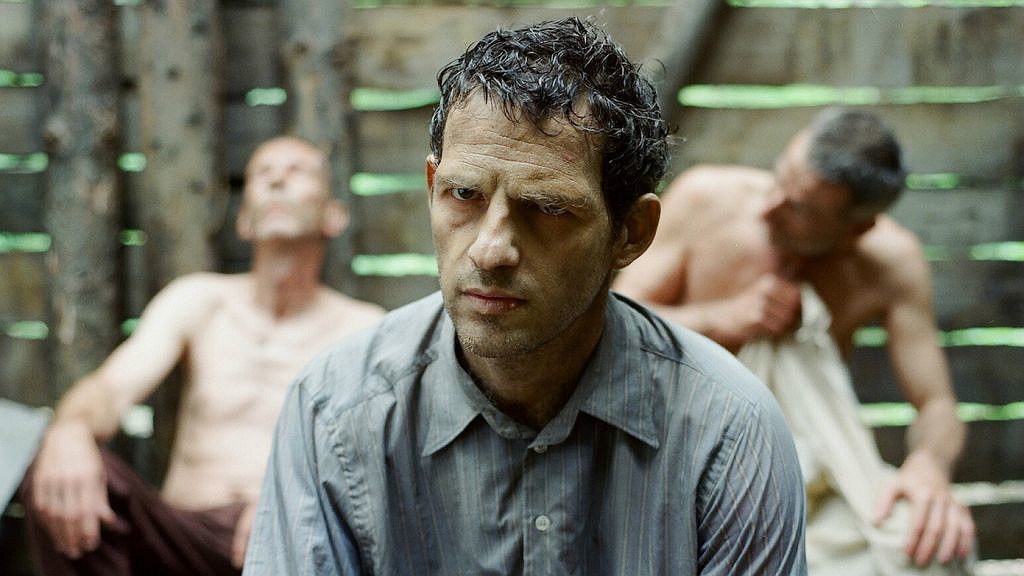- October 21, 2024
-
-
Loading

Loading

Films about the Holocaust are difficult to watch, as well they should be. The latest one to expose the horrors, "Son of Saul," is the terrifying account of one man's obsession to do the right thing in a place devoid of righteousness.
Over the course of 48 hours, Saul Auslander (Geza Rohrig), a Hungarian Jewish prisoner, works as a Sonderkommando. The gruesome job entails "escorting" new arrivals off the trains and into the gas chambers. After the screams subside, they dispose of the "pieces" (a term used by the Germans for bodies). The bodies are then dragged, piled and burned.
A young boy is found still breathing after the gassing, and after the attending doctor suffocates him, Saul realizes that it is his son. Amidst the abhorrence of his situation, he decides to honor a life by stealing the body and searching for a rabbi to bury him. Simultaneously, an order has been issued to liquidate the Sonderkommando, and a rebellion is about to ensue.
In his debut feature film, director-writer Laszlo Nemes forces us to accept the reality of what is happening entirely through Saul's eyes. The camera never leaves his own field of vision. Therefore, much of the horror playing out is off to the side. But it's a choice that intensifies the impact rather than diminish it. The sounds are acutely disturbing and a lack of scoring emphasizes the incredible evil taking place.
This is also actor Geza Rohrig's first feature film. The former kindergarten teacher is the driving force behind this immensely powerful masterpiece, which has just received The Independent Spirit Award for Best International Film, and this weekend, an Oscar for best foreign language film. His bleak, yet unflinchingly bold performance as a man who finds humanity in the the most inhumane place in the world is remarkable.
In an interview at Cannes, Rohrig observed, "One of the lessons of 1944 lies with the bystanders — we can't just let things happen."
"Son of Saul" serves as a historical warning to future generations. And as uncomfortable it is to watch, it is necessary to see.